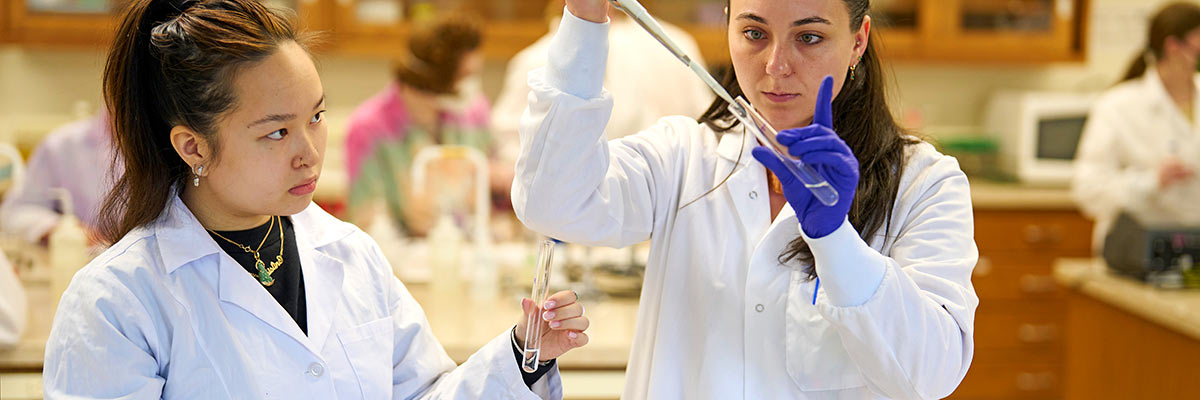- be_ixf; php_sdk; php_sdk_1.4.18
- 84 ms
- iy_2025; im_07; id_08; ih_03; imh_44; i_epoch:1.75197148398E+12
- ixf-compiler; ixf-compiler_1.0.0.0
- py_2025; pm_06; pd_10; ph_02; pmh_49; p_epoch:1.74954899576E+12
- link-block; link-block_link-block; bodystr
- pn_tstr:Tue Jun 10 02:49:55 PST 2025; pn_epoch:1.74954899576E+12
- 0 ms
- be_ixf; php_sdk; php_sdk_1.4.18
- https://sou.edu/academics/general-education/capacities/inquiry-analysis/
- https://sou.edu/academics/general-education/capacities/inquiry-analysis/

Inquiry and Analysis
What: The capacity for Inquiry & Analysis enables learners to pose meaningful questions; gather, analyze, and evaluate relevant information; and articulate how that information contributes to an understanding of the world and shapes decisions, actions, and conclusions.
Why: Inquiry and analysis are transdisciplinary skills, reflecting the recognition that success in any discipline requires habits of critical thinking that share common attributes. Successful critical thinkers from all fields of study increasingly need to be able to apply their skills and habits of mind in diverse and changing situations encountered in all walks of life.
Inquiry and Analysis Capacity
Ask research questions, propose hypotheses, and/or make claims that are discipline appropriate.
- Ask research questions that are focused, engaging, and feasible in scope.
- Present sufficient background information and context relevant to an inquiry.
- Propose hypotheses that are testable or offer claims that are arguable.
Independently conduct research by finding, gathering, and organizing information using a discipline appropriate method.
- Recognize how information is gathered and which kinds of inquiry require specific methods.
- Utilize an information-gathering method effectively and efficiently.
- Articulate the method and the method’s reliability, strengths, and weaknesses.
Analyze and evaluate information for reliability and relevance to a question being explored.
- Evaluate information using multiple perspectives as warranted by the inquiry.
- Assess information for credibility using criteria appropriate to the inquiry.
- Determine the relevance of the information for the inquiry.
- Explain how knowledge is produced and consumed within disciplines.
Synthesize information from multiple sources to form reasoned conclusions and determine avenues for further inquiry.
- Draw conclusions that rely on diverse sources of information, including opposing viewpoints.
- Identify the consequences and implications of a conclusion or an analysis.
- Link evidence to claims and conclusions with valid, well-reasoned inferences.
- Objectively reflect on one’s own and others’ claims and conclusions.
Relate knowledge gained through inquiry to a larger social, political, scientific, or cultural context.
- Understand how knowledge exists in broad cultural, social, and historical contexts.
- Connect knowledge formation and acquisition to broader contexts.
- Synthesize primary or secondary analysis with discoveries in previous inquiry, analysis, and scholarship.
- Acknowledge shifts in human understanding based on knowledge developments within contexts.
- Situate knowledge findings in a nuanced way within larger contexts.
Achieve Your Undergraduate Degree at SOU
Contact General Education at SOU
SOU Undergraduate Studies
Central Hall
1250 Siskiyou Blvd.
Ashland, OR 97520
Phone: 541.552.6260
